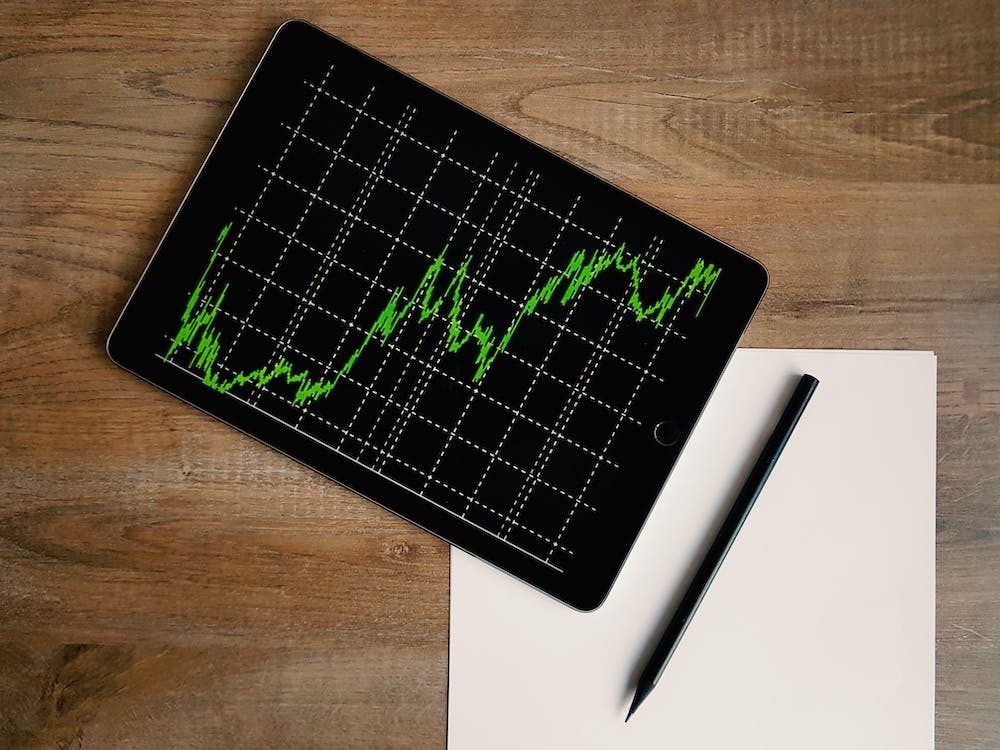
What is Retail Trading?
In trading, “retail” generally refers to individual or non-professional traders who engage in buying and selling financial instruments for their personal investment portfolios. These retail traders are distinct from institutional or professional traders, such as hedge funds or investment banks, who trade on behalf of organizations or clients.
Key Characteristics of Retail Trading
Here are some key characteristics of retail trading in the financial markets:
- Individual Investors:
- Retail traders are individuals who trade their personal funds in the financial markets. They may include small investors, day traders, and casual investors.
- Online Trading Platforms:
- Retail traders often use online trading platforms provided by brokerage firms. These platforms allow them to execute trades, monitor market movements, and manage their portfolios from their computers or mobile devices.
- Access to Markets:
- Retail traders have access to a wide range of financial markets, including stocks, bonds, commodities, and currencies. Online brokers facilitate this access, enabling retail traders to participate in global financial markets.
- Smaller Trade Sizes:
- Retail traders typically engage in smaller trade sizes compared to institutional traders. Their trades may not have the same impact on the market as larger institutional trades.
- Long-Term Investing or Day Trading:
- Retail traders may follow different trading strategies. Some are long-term investors who buy and hold assets for an extended period, while others may engage in day trading, seeking to profit from short-term price movements.
- Limited Resources:
- Retail traders may have limited financial resources compared to institutional traders. As a result, they may face different challenges, such as transaction costs and limited access to certain financial instruments.
- Risk and Reward:
- Retail trading involves both potential rewards and risks. While individuals have the opportunity to profit from market movements, they also face the risk of financial losses.
- Educational Resources:
- Many online brokers provide educational resources and tools to support retail traders in making informed investment decisions. These resources may include market analysis, research reports, and educational webinars.
How to become a Successful Retail Trader?
Becoming a successful retail trader in financial markets requires a combination of knowledge, skills, discipline, and a well-thought-out strategy. Here are some steps to help you on your journey:
- Education:
- Learn the Basics: Understand the fundamental concepts of trading, such as market orders, limit orders, stop-loss orders, and margin trading.
- Market Analysis: Learn how to analyze markets. This includes technical analysis (price charts, indicators), fundamental analysis (economic reports, company financials), and sentiment analysis.
- Choose a Market:
- Focus on a specific market or instrument. Whether it’s stocks, forex, commodities, or cryptocurrencies, becoming an expert in one area can increase your chances of success.
- Develop a Trading Plan:
- Define your goals, risk tolerance, and time commitment.
- Create a detailed trading plan that includes your strategies, risk management rules, and exit strategies.
- Risk Management:
- Only risk a small percentage of your trading capital on any single trade.
- Set stop-loss orders to limit potential losses.
- Diversify your trades to spread risk.
- Stay Informed:
- Keep abreast of market news and events that could impact your trades.
- Follow economic indicators, earnings reports, and geopolitical developments.
- Practice with a Demo Account:
- Most trading platforms offer demo accounts. Use these to practice your strategies and gain confidence without risking real money.
- Start Small:
- When you start trading with real money, start with a small amount that you can afford to lose.
- As you gain experience and confidence, you can consider increasing your position sizes.
- Continuous Learning:
- Stay updated on market trends and continuously educate yourself on new trading strategies and techniques.
- Learn from both successes and failures.
- Emotional Control:
- Keep emotions in check. Fear and greed can lead to poor decision-making.
- Stick to your trading plan and don’t let emotions drive your actions.
- Evaluate and Adjust:
- Regularly evaluate your trades and overall performance.
- Adjust your trading plan based on what works and what doesn’t.
- Network and Learn from Others:
- Join trading communities or forums to share experiences and learn from other traders.
- Consider getting a mentor or participating in trading courses.
- Technology and Tools:
- Utilize trading platforms and tools that enhance your analysis and execution.
- Keep up with technological advancements in the trading world.
Can retail trading be a career?
Yes, retail trading can be pursued as a career by individuals who are dedicated, well-informed, and disciplined in their approach to financial markets. However, it’s important to note that trading is inherently risky, and success is not guaranteed.
Remember, becoming a successful trader takes time, effort, and a commitment to continuous improvement. There are no guarantees in trading, and losses are part of the process. Stay disciplined and be patient as you develop your skills and gain experience.
Frequently Asked Questions
Q: Is Retail Trading good or bad?
Ans: Whether retail trading is considered “good” depends on various factors, including an individual’s financial goals, risk tolerance, knowledge, and ability to manage the inherent risks associated with trading.
Q: How do I start trading?
Ans: Starting trading involves several steps, and it’s important to approach it with careful consideration and education to mitigate risks. Follow the above tips in the article to start your trading journey.



